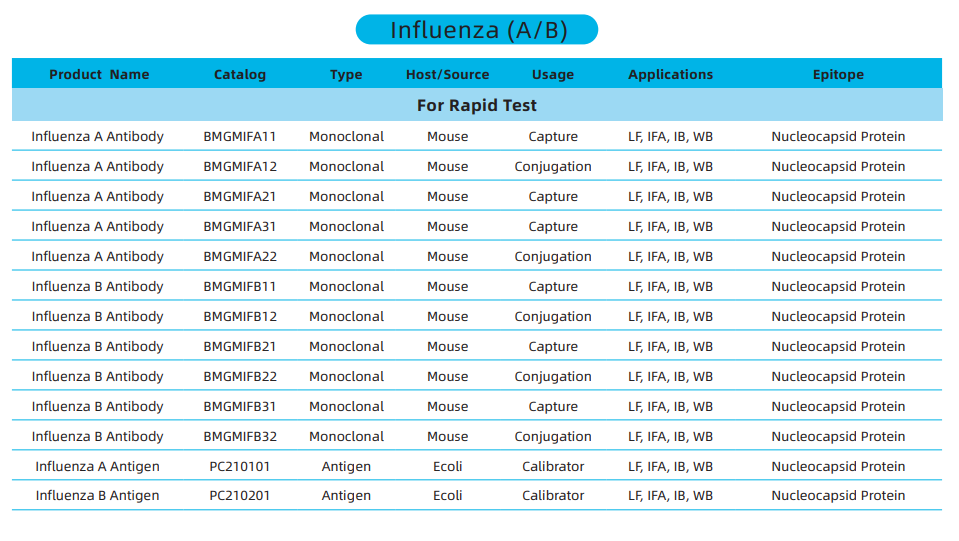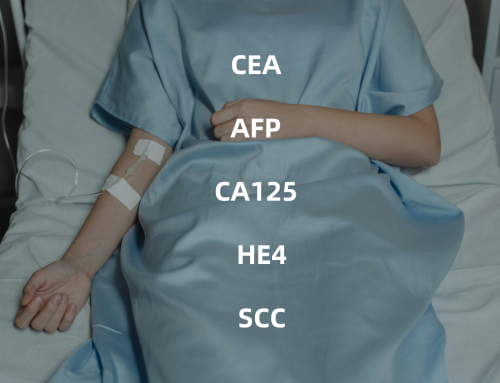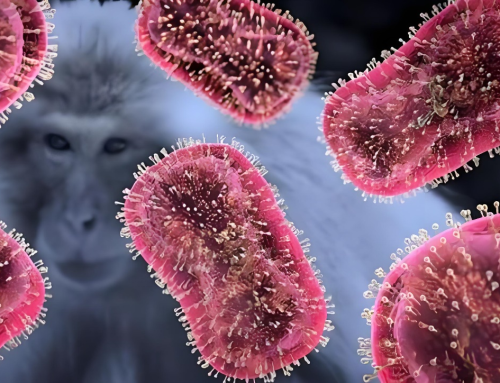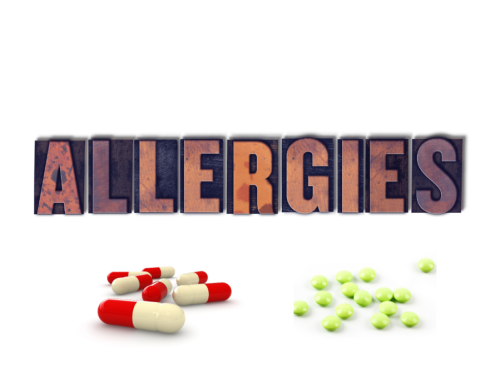Every year on December 15, World Enhanced Immunization Day is established by the World Health Organization (WHO) ,to remind the global public to pay attention to immune health, improve immunity and prevent disease. The establishment of World Enhanced Immunization Day is not only of great significance to children’s health, but also reflects the care and efforts of people and medical professionals around the world for children’s health.

What is immunity?
Immunity is a natural defense mechanism of our body that helps us fight off various diseases, including influenza, pneumonia, and AIDS. However, with the acceleration of the pace of life and the increase of pressure, many people’s immunity has declined, and they are prone to various diseases. Therefore, boosting immunity and maintaining good health has become an indispensable part of our lives.
The importance of strengthening immunity
Enhanced immunization is an important part of the national or regional herd immunity strategy, which is the strengthening of routine immunization, and the implementation of vaccination in a concentrated period of time to the whole population or a specific population to enhance the immunity of the population. It and planned immunization together constitute the planned immunity system. The whole process of strengthening immunization consists of three basic elements: the delivery of the vaccine, the target population of the vaccine and the implementation of the vaccination campaign, none of which can be ignored. Vaccines are a barrier to protect human health. In the history of human struggle against diseases, vaccines play an irreplaceable role. Vaccination can enhance the immunity against diseases.
What vaccines children need
Children of the right age can receive free vaccines including: BCG vaccine, poliomyelitis vaccine, hepatitis B vaccine, DTP vaccine, DTP vaccine, leprosy vaccine, MMR vaccine, group A meningitis vaccine, group A meningitis vaccine, group B vaccine, hepatitis A vaccine. The second type of vaccine refers to other vaccines that citizens have paid for and received knowingly and voluntarily, also known as “non-immunization program vaccines”. The second type of vaccine is equally important to protect a child’s health, although it requires a self-funded vaccination. There are two vaccines that the World Health Organization recommends as top priorities for children: the pneumonia vaccine and the Haemophilus influenzae vaccine. Recommended vaccines also include influenza vaccine, chickenpox vaccine, hand, foot and mouth vaccine, rotavirus vaccine and so on.

Recently, winter is coming, and all kinds of respiratory diseases ,have entered the high incidence period, and China has entered the influenza epidemic season as a whole. The Chinese Center for Disease Control and Prevention has issued a health warning on influenza vaccination in winter, clarifying that influenza vaccination is an economic and effective means,to prevent influenza and reduce the risk of influenza-related severe illness and death, which can significantly reduce the health harm caused by influenza and the pressure on medical institutions for diagnosis and treatment.
Product recommendation(Influenza A/B)









